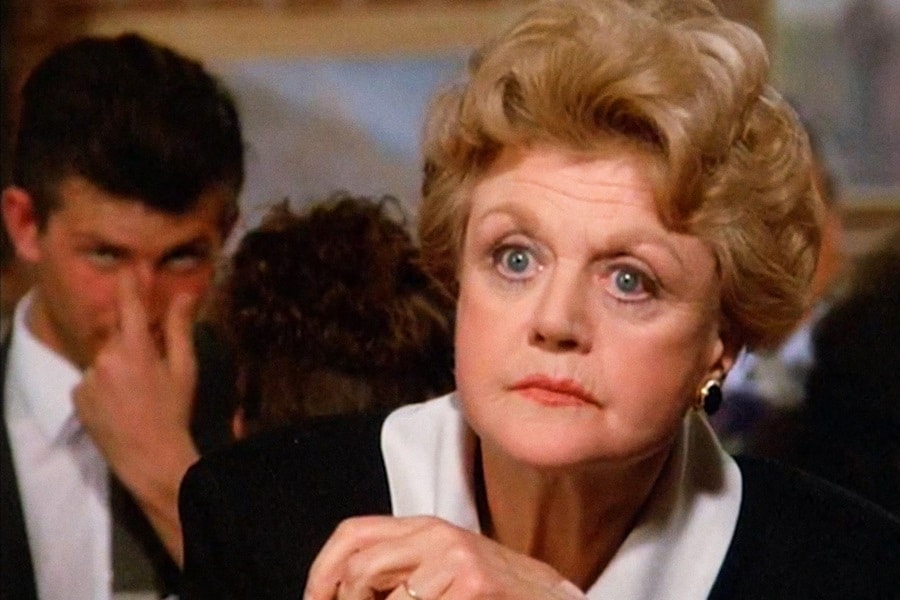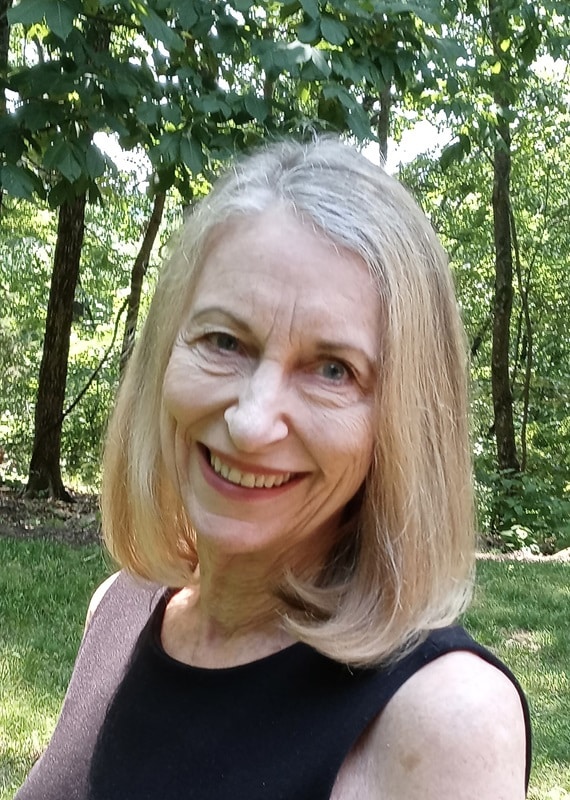
The Timeless Appeal of Amateur Sleuths
Years before I ever considered writing a mystery series, I loved stories where amateur sleuths saved the day. As a middle school girl, I devoured Nancy Drew books. Some Hardy Boys, too, but Nancy was the character whose adventures transported me from my small town where nothing much happened into an imaginary world where a girl solved crimes. A girl. A girl like me!
It has been a long time since I read a Nancy Drew book, but I’m glad to know she’s alive and well. She never grew old and she even found her way into television. Way to go, Nancy. Apparently today’s young readers still find her appealing, as I learned when my granddaughter asked me to read her essay analyzing the literary elements in #33 of the Nancy Drew Series: The Witch Tree Symbol. In her paper, she described Nancy as “brave, curious, and smart,” character traits that apparently haven’t gone out of style with thirteen-year-old girls, thank goodness.
After I discovered Agatha Christie, I read every Miss Marple book. Television brought Jessica Fletcher to life in Murder She Wrote. I have seen every episode and have read some of the books that gave us new stories about Jessica.
Hooked on this particular brand of mystery, I started my own series, joining the ranks of writers with what must be thousands upon thousands of books featuring amateur sleuths.
Those classic protagonists have loyal followings, decades after they were created, and they show no sign of letting up. I predict the popularity of contemporary amateur sleuths will continue to grow, as well. Richard Osman is one writer who has found a sweet spot with The Thursday Murder Club. So far there are four books in the series, and apparently a movie with these delightful characters is filming in the UK this summer, destined for Netflix.
So what, exactly, is the sweet spot?
Ordinary people
The characters engage us. Readers can identify with them. Usually, they have no formal training in crime-solving or forensics. Elizabeth in The Thursday Murder Club was once in the CIA, but now she lives in a retirement home. Each of the four friends in the murder club has a particular skill, and that’s part of the fun. The septuagenarians know things and get things done that the police cannot. Because they have no authority in law enforcement, amateur sleuths have to rely on the assistance of professionals to make the case. That’s part of the fun, too, watching PC Donna De Freitas and Detective Chief Inspector Chris Hudson come to appreciate what the retirees bring to the table.
Miss Marple is a lovable old woman whose brain is at work solving crimes while she knits. She has a reputation in her village for “a mind like a steel trap.” Jessica Fletcher is a retired teacher who has decided to write mysteries. Though she is not a professional, she often surprises police by applying knowledge she has gained while researching one of her books. My protagonist, Jordan Mayfair, always solves a crime using her architectural skills. Amateur sleuths are more shrewd than we expect them to be, and they have keen insight into human nature. We can imagine sitting at the kitchen table with them, over a cup of tea.
A Light Touch
Yes, there is always a body, but readers or viewers probably will not witness the murder take place. The victim may be found slumped over at a writing desk or crumpled on the floor. Most likely, though, someone will report the murder, like the maid who cries, “There’s a body in the library!” in a Miss Marple episode. Violence, blood, and graphic sex are not part of the platform when amateur sleuths are at work.
We can always expect humor in varying degrees. Miss Marple often seems a little addled, which only adds to her charm. In Murder She Wrote, the eccentric townsfolk of gossipy little Cabot Cove provide the color to sensible, savvy Jessica.
Joyce, one of the retirees in The Thursday Murder Club, is pleasantly scatterbrained from time to time, leaping from one thought to another in her diary entries. One of her passages touches upon something else that we can expect from amateur sleuths. They don’t trouble us with complexities. In most cases, these crime-solvers don’t understand the intricate details of forensics and ballistics themselves, as we see from Joyce’s entry after a bone specialist has explained a procedure: “Now, how much do you know about how to tell how old bones are? . . . It was fascinating. There was a machine, and there was a special dye, and something to do with carbon. I tried to remember this all on the way home so I could write it down, but I’m afraid it’s gone.”
Speaking for myself, I was perfectly satisfied. I like just enough so I won’t lose the story.
A Happy Ending
In the gentle world of Saint Mary Meade or Cabot Cove or Coopers Chase Retirement Village, a murder or murders must happen, and chaos exists for a while. Nosy is a descriptive word that I use in the most complimentary sense. Something’s going on, and the amateur sleuth can’t resist getting involved. Someone may be wrongly accused of the murder, perhaps a neighbor or friend or relative, and it’s natural for the amateur sleuth to want to find justice. But these crime-solvers may not ask for the trouble that comes their way; they often get drawn into the mystery by circumstance. Some of the most intriguing plots go beyond solving a murder. Jessica Fletcher often finds herself in the middle of government machinations, as when she helped a Russian ballerina to defect to the U.S. When Cabot Cove kept having too many murders for a town of three thousand, and creators of the series had to widen her world.
There is plenty of suspense and intrigue for readers who follow amateur sleuths. And there is a great appeal in knowing we can count on a happy ending. Amateur sleuths have a strong sense of justice, and they will do whatever it takes to right a wrong, even when it means breaking a rule or facing off with the police.
Amateur sleuths are an ever-growing category in mystery/crime fiction. Readers keep going back to another story in the series to see what in the world our favorite characters are going to do next. In our world that often seems to have turned upside down, it is comforting to know that in the of the domain of the amateur sleuth, no matter how dismal everything seems, it will all be set straight by the end. And it’s such fun to follow along as it happens.
About the Author
Phyllis Gobbell writes a little bit of everything, but her latest focus has been mysteries. The most recent book in the Jordan Mayfair Mystery Series, Notorious in Nashville, follows Pursuit in Provence, Secrets and Shamrocks, and Treachery in Tuscany, which was a Silver Falchion Award winner. Gobbell also co-authored two true crimes based on two high-profile murders in Nashville.
She has received awards in both fiction and nonfiction, including Tennessee’s Individual Artist Literary Award. Faculty Emeritus at Nashville State Community College, Gobbell taught writing and literature.
Her next book, Prodigal, will be released in November.

More Amateur Sleuth Features
Amateur Sleuth Short Stories
The mysterious world of amateur sleuth short stories
Unlikely Amateur Sleuths
The Most Unlikely Amateur Sleuths in Mystery Fiction
Amateur Sleuth Villains
The Enigmatic Allure of Amateur Sleuth Villains



